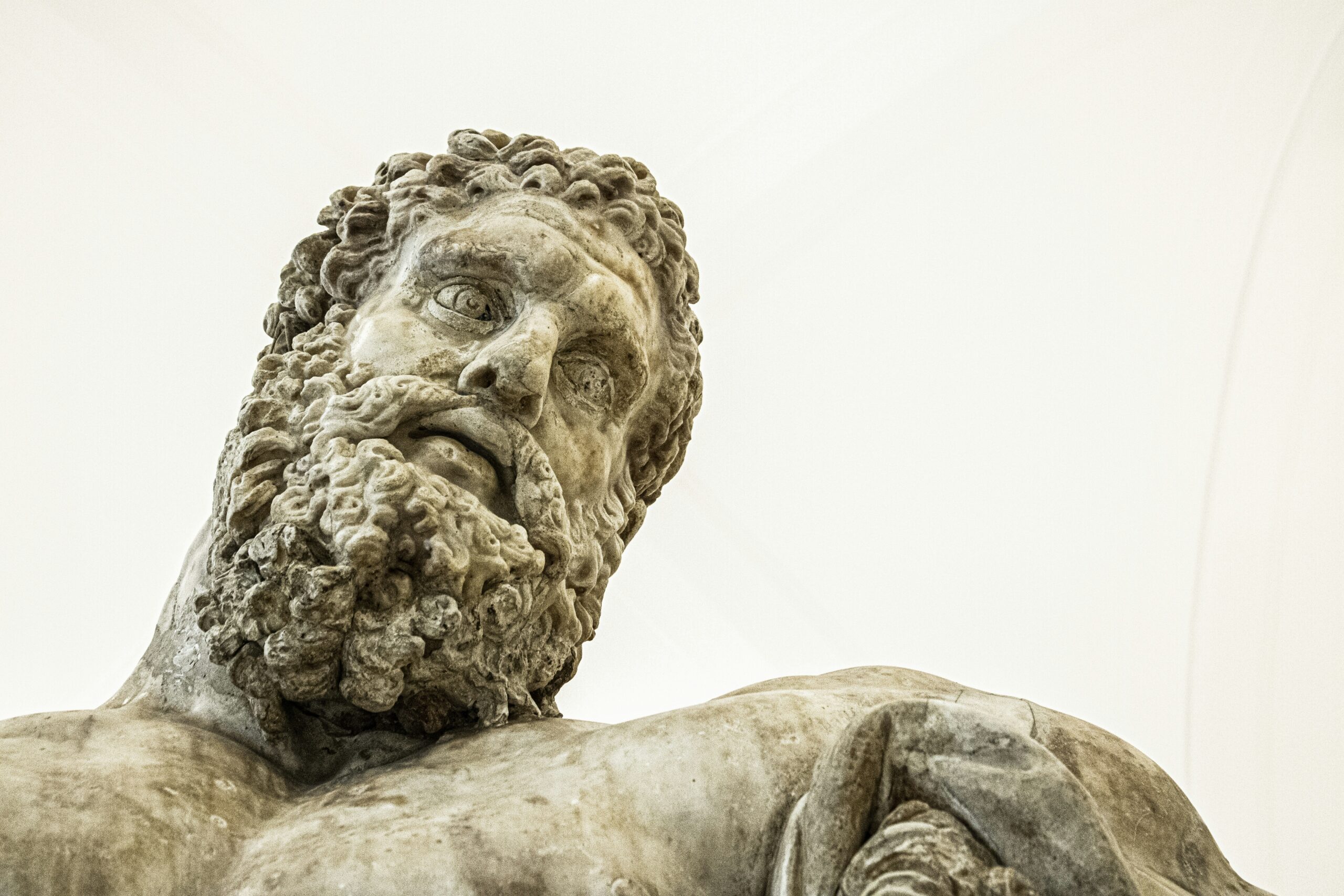Kevin Sorbo, the actor once best known for his role as Hercules, has become a vocal supporter of Donald Trump, pushing far-right narratives and conspiracy theories on social media. His unwavering dedication to Trump and his brand of politics stems from a mix of personal ideology, religious convictions, and a perceived sense of victimhood within the entertainment industry.
Sorbo’s political evolution aligns with the growth of Trumpism within conservative circles. His social media, especially Twitter, has become a hub for far-right content, conspiracy theories, and pro-Trump rhetoric. This isn’t a sudden shift; Sorbo has long been a conservative, but his connection to Trump appears to be driven by a sense of alignment with the former president’s populist messaging, disdain for liberal elites, and grievance politics.
One of the primary factors fueling Sorbo’s obsession with Trump is his belief that the former president embodies a heroic figure standing against the perceived evils of modern American liberalism. Sorbo frequently compares the political left to the antagonists from his Hercules days—monsters and warlords that need to be vanquished. In his worldview, Democrats, liberals, and even immigrants are the “villains” in Trump’s epic battle to save America. Sorbo has actively supported Trump’s more extreme rhetoric, including his baseless claims about election fraud in 2020, as well as conspiracy theories regarding antifa’s involvement in the January 6 Capitol riot, which have been debunked (but remain popular within certain far-right circles)(Southern Poverty Law Center)(The Daily Dot).
This political ideology fits neatly into Sorbo’s broader worldview, which is deeply influenced by his evangelical Christian faith. Sorbo sees Trump not just as a political leader but as a defender of conservative Christian values against a liberal culture that he perceives as hostile to religion. Sorbo’s outspoken Christianity and disdain for Hollywood liberalism create a perfect storm for Trumpism to take root. Trump, despite his personal lifestyle and history of questionable behavior, is viewed by many evangelicals, including Sorbo, as a flawed vessel chosen by God to fight for conservative values(Southern Poverty Law Center)(PolitiFact).
Another driver of Sorbo’s fixation on Trump is a sense of personal grievance. Sorbo has frequently claimed that his outspoken conservative beliefs have led to his being “blacklisted” from Hollywood. He has echoed Trump’s victimhood narrative, positioning himself as a martyr for conservative values in an industry dominated by liberal elites. This sense of being wronged by the liberal establishment fuels his anger and aligns him more closely with Trump, who has long railed against what he describes as the “liberal media” and “Hollywood elites.” Sorbo’s belief that his career was derailed by his politics allows him to adopt a posture of defiance, using Trump’s rhetoric as both a justification for his situation and a rallying cry(Southern Poverty Law Center)(Toofab).
In recent years, Sorbo has further isolated himself from mainstream entertainment, gravitating instead toward far-right Christian media and B-list productions that reinforce his worldview. His participation in conservative Christian films like God’s Not Dead and various low-budget productions reflects a shift toward an ideological echo chamber. This isolation is a common feature among celebrities who have aligned themselves with Trumpism; by embracing a niche but fervent audience, Sorbo can continue to champion his political beliefs without needing mainstream Hollywood’s approval(PolitiFact).
Sorbo’s online behavior has also drawn significant controversy, particularly after the January 6 Capitol riot. While initially posting messages that seemed to celebrate the events as historic, Sorbo quickly pivoted to promoting a conspiracy theory that antifa activists, not Trump supporters, were responsible for the violence. This narrative, despite being repeatedly debunked, remains a key talking point for far-right figures. Sorbo’s spread of such false claims speaks to the broader misinformation ecosystem in which Trump loyalists like Sorbo operate(The Daily Dot).
In stark contrast, Sorbo’s former Xena: Warrior Princess co-star, Lucy Lawless, has publicly criticized him for his conspiratorial thinking and support of Trump. Lawless directly called out Sorbo on Twitter after the Capitol riot, describing the rioters as “homegrown terrorists” who were acting at the behest of figures like Sorbo who fuel their delusions. This public spat highlights the sharp divide between Sorbo and those in Hollywood who reject Trump’s influence(The Daily Dot).
At its core, Sorbo’s obsession with Trump is about more than just politics; it is about identity. Sorbo sees himself as a warrior in Trump’s battle against a perceived cultural decay. This fight isn’t just about elections or policies for Sorbo—it’s a struggle for the soul of America, and Trump, in his eyes, is the last best hope to save it. Sorbo’s personal, political, and professional grievances have all coalesced around Trumpism, creating a symbiotic relationship between the actor and the political movement. For Sorbo, supporting Trump isn’t just about agreeing with the policies—it’s about being part of a crusade against what he sees as an existential threat to American values.
This mindset mirrors the broader psychology of Trump’s most dedicated followers. Like Sorbo, many Trump supporters see the former president not as a traditional politician but as a messianic figure who has been unfairly maligned by the establishment and media. Trump’s ability to tap into the grievances of individuals who feel alienated or marginalized by modern liberal culture has created a loyal, almost fanatical base. Sorbo, with his mix of evangelical zeal, personal grievance, and political radicalism, fits perfectly into this mold.
In conclusion, Kevin Sorbo’s obsession with Donald Trump is driven by a complex web of ideological alignment, personal grievances, and religious fervor. His embrace of Trump is not just a political stance but a reflection of his deep-seated belief that he is part of a greater fight to preserve conservative Christian values against an encroaching liberal tide. While this has led to his marginalization in mainstream Hollywood, it has also earned him a dedicated following among Trump supporters who share his worldview. Sorbo’s unwavering loyalty to Trump serves as a case study in the broader phenomenon of celebrity obsession with Trumpism, where politics, identity, and personal grievances intertwine in powerful and sometimes dangerous ways.
